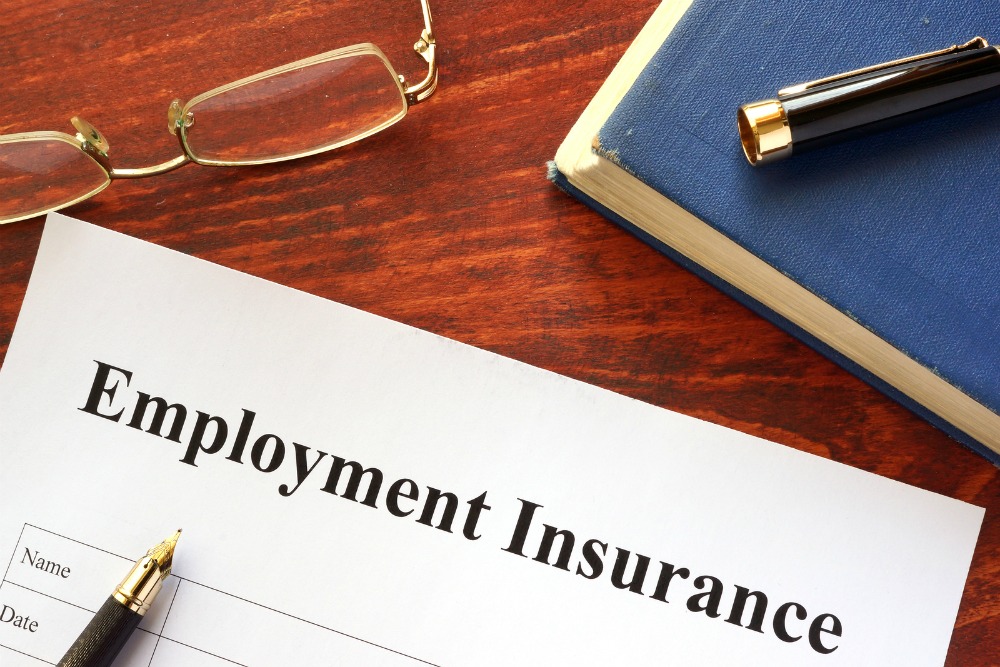Just because you paid loads into a program doesn’t mean you’ll get EI benefits when you retire.
Q: I’m a 75-year old male, working part-time and contributing to EI every 2 weeks; and have been for 10 years.
I do have CPP and OAS income.
Do I qualify to collect EI benefits for a period of time if I retire this year? I’ve paid contributions for 10 years and now plan to retire so I should qualify for some remuneration (benefits).
A: Employment insurance (EI) is a program administered by Service Canada that provides both regular and special benefit payments. Workers contribute to the program through payroll deductions withheld from their salaries. Since 2010, people who are self-employed can make optional contributions and may qualify for special benefits.
Regular and Special Benefits
Regular benefits are paid to eligible employees who lose their job through no fault of their own, JM. Typically, this would include those who are terminated because of a restructuring or those who work in seasonal industries.
Special benefits include parental benefits (maternity and paternity leave), sickness benefits (for those who cannot work due to injury or illness), compassionate care benefits (for those caring for a seriously ill family member) or parents of critically ill children benefits.
An optional retirement is not a qualifying reason for EI benefits, JM, because it does not fall into the special benefits categories and regular benefits are not meant to pay out to people who choose to stop working.
If your retirement, JM, is not your choice, you may qualify for regular benefits. Of note is that there are several reasons when quitting a job is considered just cause, but you must be able to substantiate to Service Canada that quitting was the only reasonable option.
Reasons For Justly Quitting a Job:
• sexual or other harassment
• needing to move with a spouse or dependent child to another place of residence
• discrimination
• working conditions that endanger your health or safety
• having to provide care for a child or another member of your immediate family
• reasonable assurance of another job in the immediate future
• major changes in the terms and conditions of your job affecting wages or salary
• excessive overtime or an employer’s refusal to pay for overtime work
• major changes in work duties
• difficult relations with a supervisor, for which you are not primarily responsible
• your employer is doing things which break the law
• discrimination because of membership in an association, organization or union of workers
• pressure from your employer or fellow workers to quit your job
EI Benefits Eligibility with OAS or CPP
If you do qualify for EI benefits, JM, your Old Age Security (OAS) pension won’t impact your eligibility for EI benefits, since it is an age-based pension that does not have to do with work or earnings. However, Canada Pension Plan (CPP) or Quebec Pension Plan (QPP) benefits will, as they are pensions that are related to work and earnings. Likewise, with employer pension plans and even foreign pensions that arose from employment in another country.
CPP, QPP and employer pensions generally constitute “earnings” that reduce your entitlement to EI benefits and must be reported to Service Canada. These types of earnings are deducted from your EI benefits.
Despite your contributions over the past ten years to employment insurance, JM, I’m afraid the intention of the program is not to give back to those who have paid lots into it. EI is paid only to those who qualify for regular or special benefits. And even qualifying doesn’t mean you will get it or keep it if you have other earnings – like pension income – that reduce your EI entitlement.

